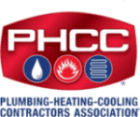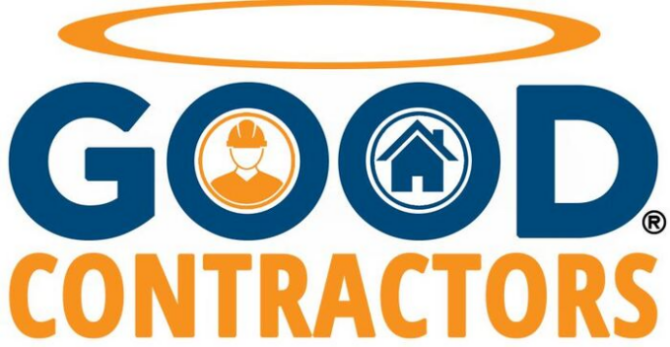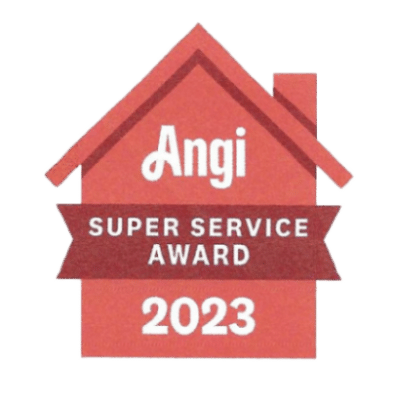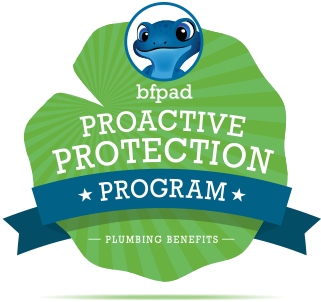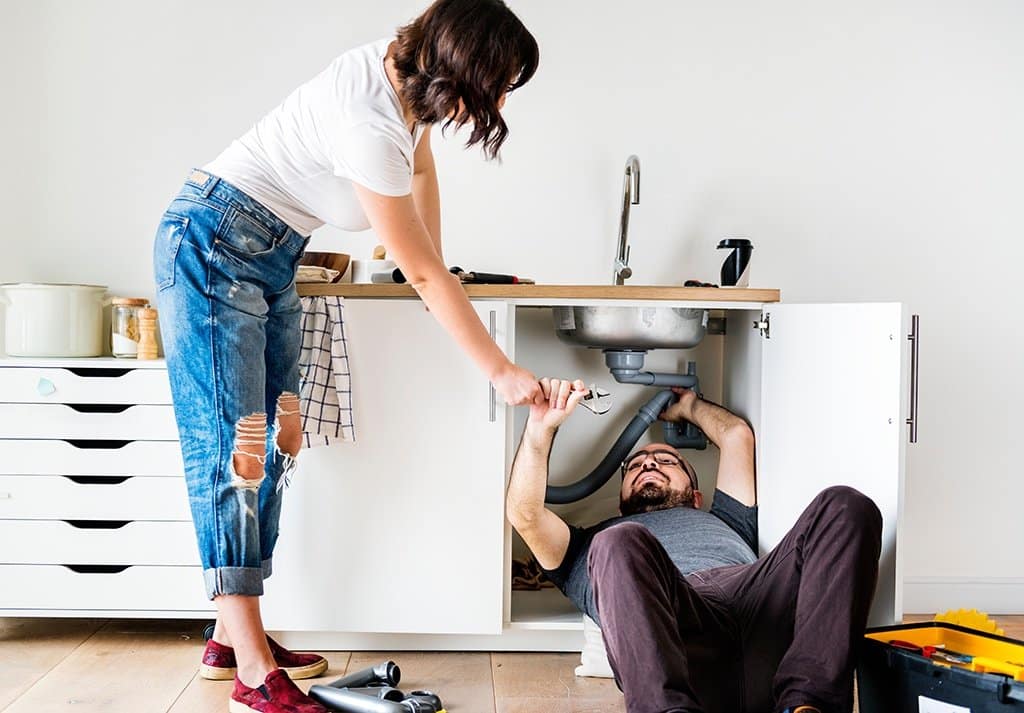
Most Common DIY Plumbing Code Violations | Tips from Your Trusted Denton, TX Plumbers
If you’re like most homeowners, if you can do something DIY, you do it. It saves money and, in some instances, time. And while DIYing your way through plumbing projects in your Denton, TX, home can be rewarding and financially lucrative the truth is you may make yourself vulnerable to code violations when you go it on your own. And in worst-case scenarios, you may end up paying more to have the job reworked by local plumbers, defeating the purpose of DIY in the first place.
Let’s run down some of the most common code violations plumbers see around Denton, TX, homes.
Illegal or Improper Material Use
Plumbers say that one of the biggest code violations among DIY projects center around the improper use of plumbing materials. Prior to installing fittings, piping, and other plumbing components, be sure to do your research to determine which materials are called for by the code and which work best for your application. For example, rubber fittings and corrugated pipes may do the job, but they may not be called for by local codes.
Wrong Drainage Pipe Size
The key to a successful plumbing project is using properly sized pipes for all drains. Usually, if a violation of plumbing code arises from drainage pipes, it’s because the DIYer used a pipe that is too small for its purpose or too small for the drain to which the pipe is being attached. Inversely, using pipes that are too large can create a whole other mess of problems. Check code limits prior to replacing any piping or adding new piping, or go with pro plumbers who know which pipes to use on your project like he knows the back of his own hand.
Improper Venting
It can be easy to garner a code violation or two when it comes to venting between the sewage system and your home’s living spaces. Plumbing must be properly vented in these areas, or your entire project will fail code. There are several ways that venting can be installed wrong (or worse yet, forgotten), such as horizontal venting installed below a flood rim or flat venting, which offers an insufficient amount of ventilation. Trust professional plumbers to keep you up to code on projects requiring venting.
Non-Functioning Water Valve Shutoff
An instant plumbing code fail, non-functioning water valve shutoffs are a big No-No. Broken or damaged shutoff valves can cause your plumbing system to be considered out of code until the repair is made. After all, imaging water running while you’re doing a DIY installation or repair. Ensuring functioning shutoffs is paramount to your plumbing system passing code.
Errors in Drainage Pipe Sloping
As pro plumbers can attest, any and all drainage pipes running from your home need to be sloped to a particular degree in order to (1) facilitate the flow of water and (2) prevent the buildup of clogs. The amount of slop necessary varies from as much as an inch to as little as one-sixteenth of an inch per foot. On the flip side, sloping a pipe too much can cause additional problems. This is another area where trained plumbers know best (and if you have to remove pipes and reinstall them with proper sloping to meet code, then you’ll wish you’d have called your plumber first).
Cleanouts Inaccessible
When you or a plumber needs to get into an area to unclog a drain or perform other work, the plumbing code calls for accessible and sufficient cleanouts. Your plumbing system must have a proper number of these cleanouts that are easy to reach and located in the right area for making repairs and handling emergencies. In the same vein, you should always allow the specified clearance around toilets and bathroom furnishings so that they’re comfortable for use and also accessible for repairs and emergency plumbing requirements.
Sewer Cleanout Used for Drainage
Your sewer line should never be used as a drain, ever. If you’re using the cleanout on your home’s main sewer line for drainage purposes, you’ll open a whole bag of worms with your local code inspector. The only time the sewer cleanout should be unsealed and opened is when there is a clog in your home’s main sewage line. Draining into it from other areas of the home is a big violation of code.
Sinks Traps Incorrectly Installed
Using the wrong type or installing incorrect traps in the kitchen or bathroom sink can lead to a violation of the uniform plumbing code. Check to see which types are allowable under code before installation. And always, always avoid S-traps. This type of trap has no venting whatsoever, making is an obsolete choice that will cause your project to fail code from the get-go.
Problems with Water Heater’s T and P Valves
Water heaters have temperature and pressure (T&P) valves that function to prevent water heater explosions if the pressure or temperature inside the tank gets too great. If that happens, the valve releases water. However, if your water heater has an improperly installed valve or one that has been “plugged” (repaired) because it is malfunctioning or leaking, then you could be less than popular with code inspectors. And this is more than just a violation of code. It can also cause a fatal explosion if not fixed properly. Licensed plumbers are definitely recommended in this instance.
Remember, you’re not just putting yourself at risk for fines and penalties when you violate the uniform plumbing code. You may also see serious problems later on down the line when you go to make a major renovation or put your house on the market. Err on the side of caution and use licensed, professional plumbers for most plumbing projects.
Get it right the first time. Trust bluefrog Plumbing + Drain and its team of pro plumbers to hop to it and help with any plumbing project in and around Denton, TX.



